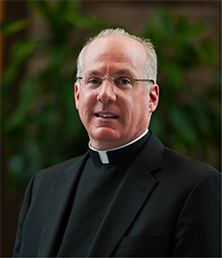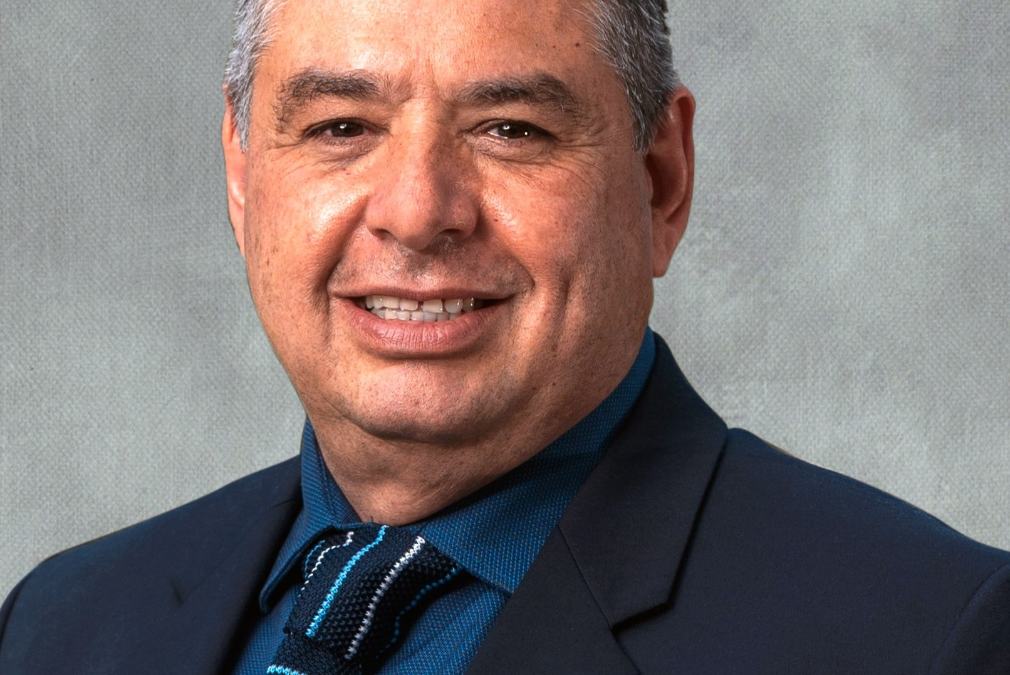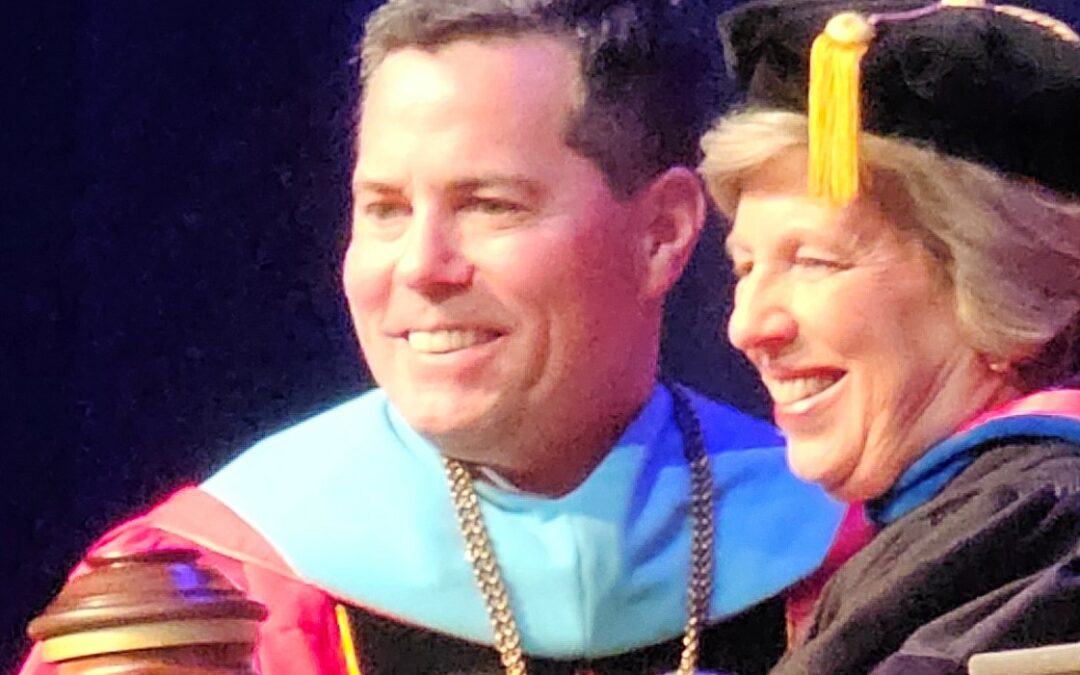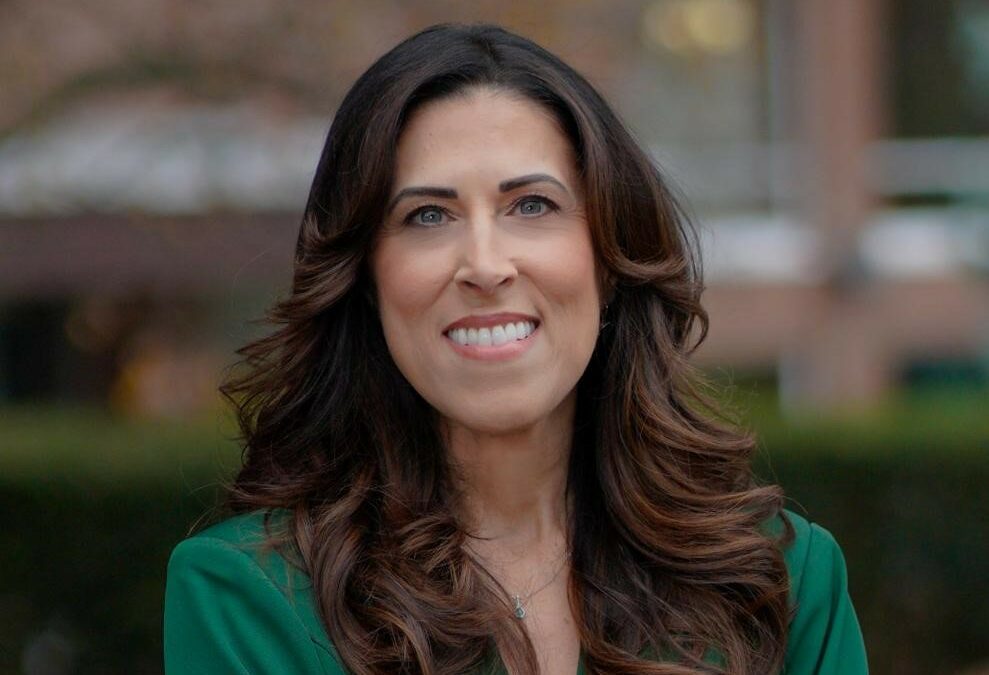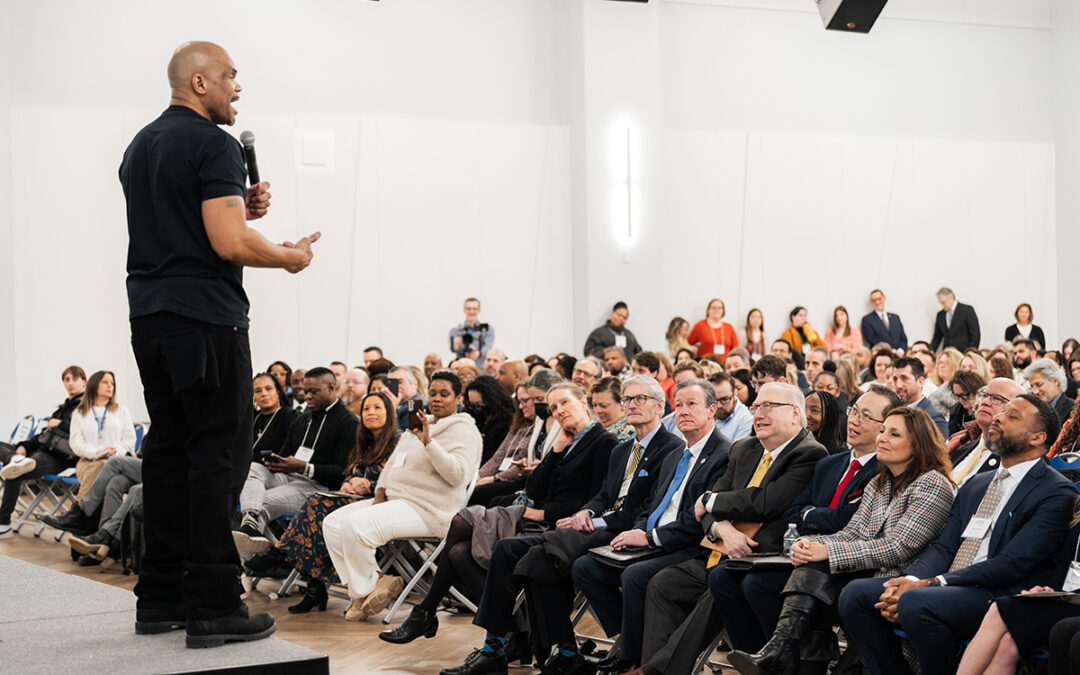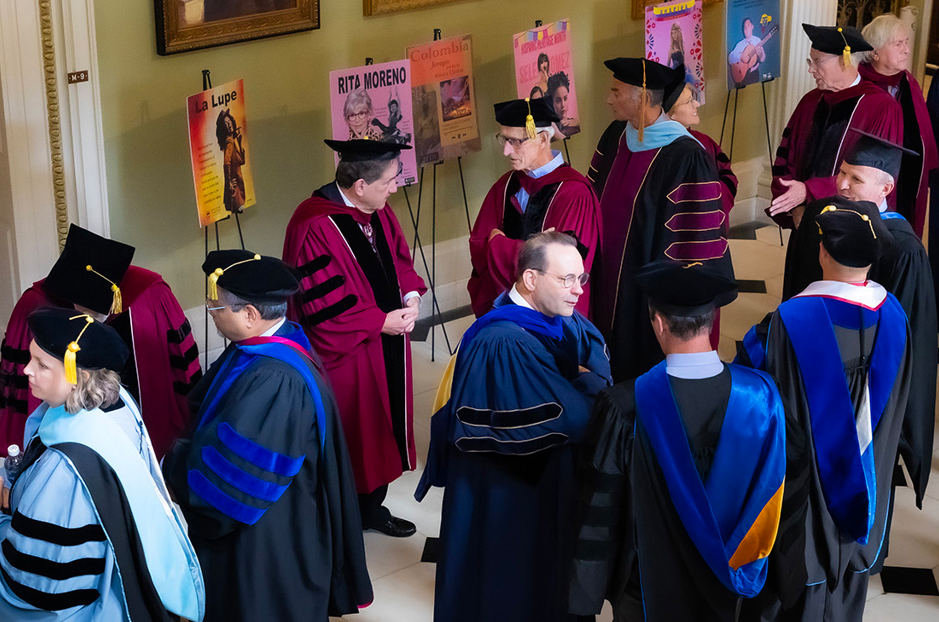March 3, 2021
How do we move the topic of diversity and inclusion from discussion to action?
For years, educators have acknowledged the need to foster diversity and inclusion on college campuses across the nation, while implementing curriculum that embraces all races, religions, and sexual orientations. Yet as the events of 2020 have demonstrated, those efforts haven’t done enough.
Now, New Jersey’s independent colleges and universities are taking a hard look at how to create meaningful change on their campuses—and serve as a model for other U.S. educational institutions. The state’s 14 private colleges are uniquely positioned to promote the long-term, concrete actions needed to create truly inclusive educational environments. With minority enrollment at 35%, New Jersey’s independents have a proud track record of fostering access, affordability, multiculturalism and improvement.
Dr. Lou Manzione, President of the Association of Independent Colleges and Universities in New Jersey, says “Given the role that Colleges and Universities play in shaping the lives of future generations, it is that much more important that we make racial equity, justice, and inclusion a cornerstone of all that we do. I’m convinced that we, and the institutions we represent, will be up to the task and will make a difference to build a future that is fairer and stronger.”
Here is a sampling of the initiatives unfolding on New Jersey’s independent campuses:
Most of NJ’s independent institutions have established a cabinet position and advisory board focusing solely on diversity, equity and inclusion efforts in all university operations and within the local community.
Georgian Court expanded its commitment to diversity, equity, and inclusion by recently naming two chief diversity officers: a CDO for academic affairs and community outreach and a CDO for institutional and student affairs. The two are conducting listening tours on and off campus to shape the work ahead and to gauge the priorities of the community. They also lead GCU’s Council for Diversity and Inclusion, which has drawn students, faculty, alumni, and staff together for a wide range of dialogues in 2020 and 2021, including the university-wide reading of Isabel Wilkerson’s Caste and panel discussions about LBGTQ+ challenges, community policing, and the role of servant leadership in eradicating racism.
Rider University has launched a series of diversity and inclusion initiatives aligned with its Inclusive Excellence Plan. The plan sets forth explicit goals around institutional inclusion, including improving the diversity of employees and enhancing the support for underrepresented students, as well as enhancing structural support, among other goals.
An LGBTQ+ friendly campus, Rider has expanded gender-inclusive restrooms and identified them on the campus map, established gender-inclusive housing and implemented the option to indicate one’s preferred name in campus systems. An LGBTQ+ student mentoring program, SPECTRUMentoring, and expanded SafeZone training are also offered. The University is also ranked four out of five stars on the Campus Pride Index, a national listing of LGBTQ+ friendly colleges and universities.
Both Monmouth University and Princeton University have removed Woodrow Wilson’s name from buildings on their respective campuses, eliminating a symbolic barrier to the important work of creating a truly welcoming and inclusive space.
In September 2020, Princeton University’s President outlined the next steps the University will take to address systemic racism at Princeton and beyond, which includes new funding for teaching, research, and service projects related to racial justice. These changes include exploring the possibility of a new credit- or degree-granting program that would extend Princeton’s teaching to a new range of students from communities disproportionately affected by systemic racism and enhancing efforts to expand diversity of the faculty pipeline, aspiring to increase by 50% the number of tenured or tenure-track faculty members from underrepresented groups over the next five years.
To provide accountability around these goals, Princeton will collect and publish additional data, including an annual Diversity, Equity, and Inclusion report, and will also make enhanced efforts to diversify external advisory committees throughout the University. Opportunities for community input, dialogue, and discussion have also been arranged.
In July 2020, faculty from Saint Elizabeth University’s Criminal Justice and Psychology departments presented a panel discussion via Zoom on how law enforcement and mental health officials can work better together. Topics discussed included police reform, use of force and community policing. The panel included police officers, psychologists and the heads of both the Criminal Justice and Psychology departments; the audience included students, the University president, cabinet members, deans, faculty and staff.
The students are helping to make a difference as well. Caldwell University is holding an anti-racism lecture series in response to a cry for racial justice following several incidents including the death of George Floyd in Minneapolis. The idea was proposed by student Sophie Hicks ’21 who said that during the lockdown after George Floyd’s death she had a chance to reflect and to educate herself more on issues of racism. She started an online petition for an anti-racism academic course and met with President Whelan and other members of the administration to present her ideas. Hicks is grateful to the administration for being supportive of her suggestions. “If we can change or educate a small amount of people, that can change big things,” said Hicks, a student-athlete. “I’ve learned a lot too, and I’m not afraid to admit I have a lot to learn”.
Speakers have included Dr. Thomson Ling, associate dean of the School of Psychology and Counseling, on “Defining Diversity and Multiculturalism,” Dr. Lena Campagna, assistant professor of criminal justice, on “Racism and Violence,” Dr. Yang Cai, professor of sociology, on “Privilege, White Privilege and White Guilt,” and Alex Thompson, LSW, counselor/substance awareness, on “Microaggressions”. The series is continuing throughout the spring semester with topics such as Racism and Sports, Racism and Healthcare, The Legacies of Apartheid in South Africa, Racism in Research, Law and Systemic Racism and Racism and History in the U.S.
Seton Hall University is also working closely with students to improve equity and build structures in which they can develop a sense of belonging for everyone on campus. Thanelie Bien-Aime ’21, president of the university’s Black Student Union, helped organize a vigil with student athletes from the women’s basketball team. During the night, she led a discussion about police brutality and performed an original spoken word piece, “Numb to the Chaos.” Bien-Aime says, “This vigil felt like a moment to get a diverse community together with students, administrators, and faculty so we could hear one another, listen to one another, and learn.”
University administrators such as the Vice President of student services, want to hear from students of color about their expectations and needs from the university. Keeping those conversations in mind, Seton Hall is now working to improve equity and build structures in which it can develop a sense of belonging for everyone on campus.
The Independent Colleges and Universities for New Jersey, much like the collection of institutions that make up our membership, continue to be committed to living, cultivating, and preserving a culture of diversity, equity, inclusion, and connectedness. We value the unique contributions that each of us bring. Doing so is not only the right thing to do, but it also makes our organizations, our institutions, and ultimately our great state of New Jersey stronger. We stay true to our mission by ensuring that there is a New Jersey independent college that is a good fit for the individuals that make up the diverse world that we live in.
###
About the Association of Independent Colleges and Universities in New Jersey
The Association of Independent Colleges and Universities in New Jersey (AICUNJ) represents the nonprofit independent colleges and universities in New Jersey, and works to support college and university leadership, advance institutional excellence, and enhance public understanding of independent higher education’s contributions to the state. Our 14 member institutions perform a vital service to the state by giving more than 65,000 students access to diverse educational opportunities. They also make a significant economic impact through research, community development and relevant degree programs that meet New Jersey’s workforce needs.
